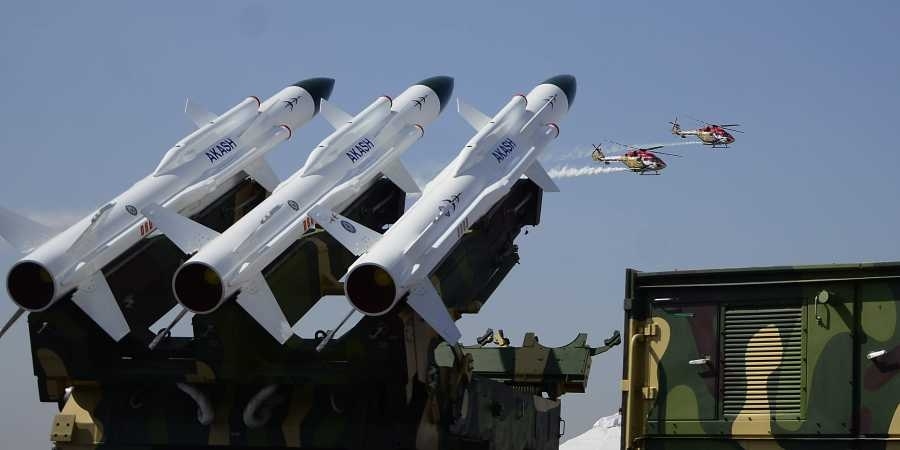new paradigm
| Date :16-May-2019 |

THE decision of the Indian Army to move its Air Defence Units as close to border as possible to thwart any possible air attacks by the enemy then and there, stems from a critical security imperative. The Army has decided to take the step following the Balakot airstrikes and a possibility of a misadventure by Pakistan Air Force. The idea is to stall right at the border any attack by Pakistan through air. The most important facet of this decision is that it is not defensive in nature but actually assertive and proactive, something our security ideation has not encouraged in the past.
From that point of view, such an assertive move is most welcome since it talks of a changing mindset of India’s security establishment. In spite of the fact that Pakistan’s mad ambition to wrest Kashmir totally from India has often posed a security threat, India’s defence establishment or the political leadership never thought of a creative, proactive, multi-layered security cover. On most occasions, despite the alertness of the defence services, the enemy managed to dart rather deep into the Indian territory. Then would follow the Indian scramble to push the enemy back, of course mostly successful. Yet, that arrangement caused much damage to Indian defences as the enemy would come deep into our territory on quite many occasions.
By seeking to move Air Defence Units closer to the border, the security establishment now proposes to counter any possibilities of attack from the air right at the border, or perhaps in Pakistani air space. This thinking would certainly permeate to other security concerns as well. This proactiveness, this willingness to offer the enemy a combat zone very close to its own territory, would make a lot of positive difference to Indian defences right upto the last border posts. The enemy would often find it difficult to respond to this level of proactive alertness. It must be noted that such decisions are rarely taken at the level of defence establishment alone. For, such decisions have a strong political dimension and are related directly to the security philosophy of the political establishment rather than to the defence doctrine drawn up by the military establishment.
Seen from this angle, it is clear that the decision to move Air Defence Units closer to the border indicates a paradigm shift in India’s security philosophy, something the nation must welcome. The ground and air surgical strikes in the past three years will get recorded in India’s military history as turning points in the country’s path to a greater defence preparedness. For, this shift will indicate how the political leadership is willing to go any distance to secure the borders -- and also national pride. For, when certain proactiveness is woven into the defence preparedness, the common people’s sense of security gets enhanced in a big measure. This explains the new assertion the nation senses in the speeches of Prime Minister Mr. Narendra Modi -- of course beyond the electoral politics that is raging in the country for the present. The Opposition may accuse the Prime Minister of abusing Balakot politically, but the reality is that the airstrikes have assumed a metaphorical importance in India’s idea of defence.
In a sense, thus, this may be considered a golden period in India’s security ideation. For, from now on, India is going to look at its security scenario from a proactive point of view, rushing forward to defend itself rather than stepping back for digging heels at a point deeper into its own territory. This may appear simple in words, but requires much courage and a lot of concerted action to plan the work and then work the plan. For common Indians, the details may not be of much cinematic interest, but from the point of view of national security, this may be described as a major step forward by India. From now on, a different legend will get woven around India’s security narrative.